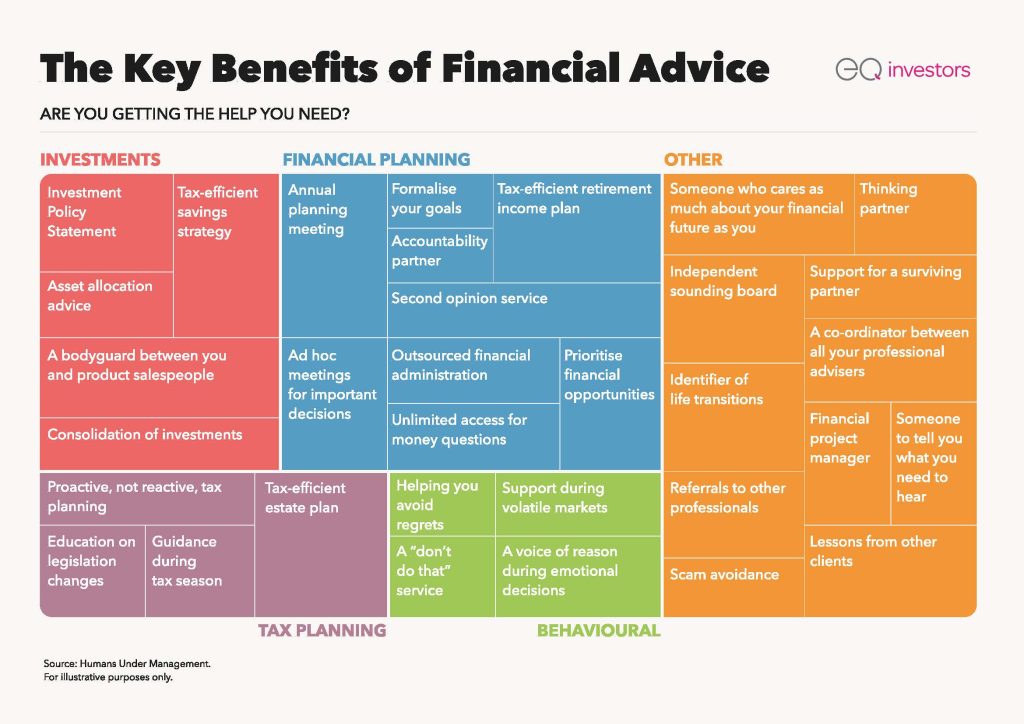The last thing many parents want is for their children to leave university with a huge student debt hanging over them. We are often asked the question – ‘Should I pay off my child’s student loan?’
In the conversations I’ve had with parents, they really worry about the heavy burden of debt their children are carrying. They worry that the debt might hamper their child’s ability to move forward in life. Some worry about their child not being able to buy their own home because of this huge debt.
So, should you help your child pay off their student loan? It’s a simple question to ask, but one that has no simple answer and depends on personal circumstances.
Your personal situation
Right now, it may seem like a good idea to pay off your child’s student loan to help relieve them of the debt, however you need to consider if this will affect your own personal situation:
- Do you have a secure emergency fund for unexpected expenses or loss of income of your own?
- Do you have sufficient retirement savings?
- Will paying off this debt affect the timing of when you are hoping to retire?
It’s important to ensure that any help you give your child is not going to adversely affect your personal financial situation. Remember that your child will only pay this debt if they can afford it. Your financial responsibilities don’t necessarily have the same luxury.
Their earnings are well below the threshold
It often makes more sense to try and think about the student loan as a tax, rather than a loan or debt. That’s because irrespective of how much you borrow or how much interest is charged, you are charged a flat rate that is based on your earnings. If you don’t earn, you don’t pay.
Broadly, if your child started their undergraduate course before 1 September 2012, they will probably be on Plan 1. If they started after this date, they are likely to be on Plan 2. The table below shows the key differences between these plans:
| Plan 1 | Plan 2 | |
| When you start repaying | Once earnings exceed
£20,195 a year |
Once earnings exceed
£27,295 a year |
| How much you repay | 9% of earnings above the threshold | |
Debt is wiped after 30 years
Student loans are not indefinite, the have a fixed life. If the loan was taken out after the 1st of September 2012 debt will usually be written off 30 years after the first April on which you child was due to repay it.
It’s also important to note that if you die the debt is wiped. Although this may seem obvious, it means it doesn’t form part of your child’s estate and get passed on to dependants, unlike other forms of debts. The debt would also be wiped if your child becomes permanently unfit to work.
All of this, along with the threshold earnings, means that by settling the debt now you could end up paying tens of thousands of pounds that may never need paying back.
There may be better ways to help your child
If you find that your financial situation will not be affected by helping your child with the debt, why not consider starting a savings plan to help with your child’s future with those funds instead? Perhaps for a house deposit?
Getting on the housing ladder is difficult these days and you may be doing him a bigger favour by putting any spare chunks of cash towards a deposit. Rather than using it to pay back a loan that may indeed never need to be paid back.
EQ can help
If you want to know more about the best way to financially help your loved ones, EQ can help. To find out more, book an initial consultation online or call 020 7488 7171.

Please remember, this content is provided for information purposes only. Investment involves risk. Past performance is not a guarantee or indication of future results. Investment return and the principal value of an investment may go up or down and may result in the loss of the amount originally invested. All investors should seek professional advice prior to any investment decision, to determine the risks associated with the investment and its suitability.